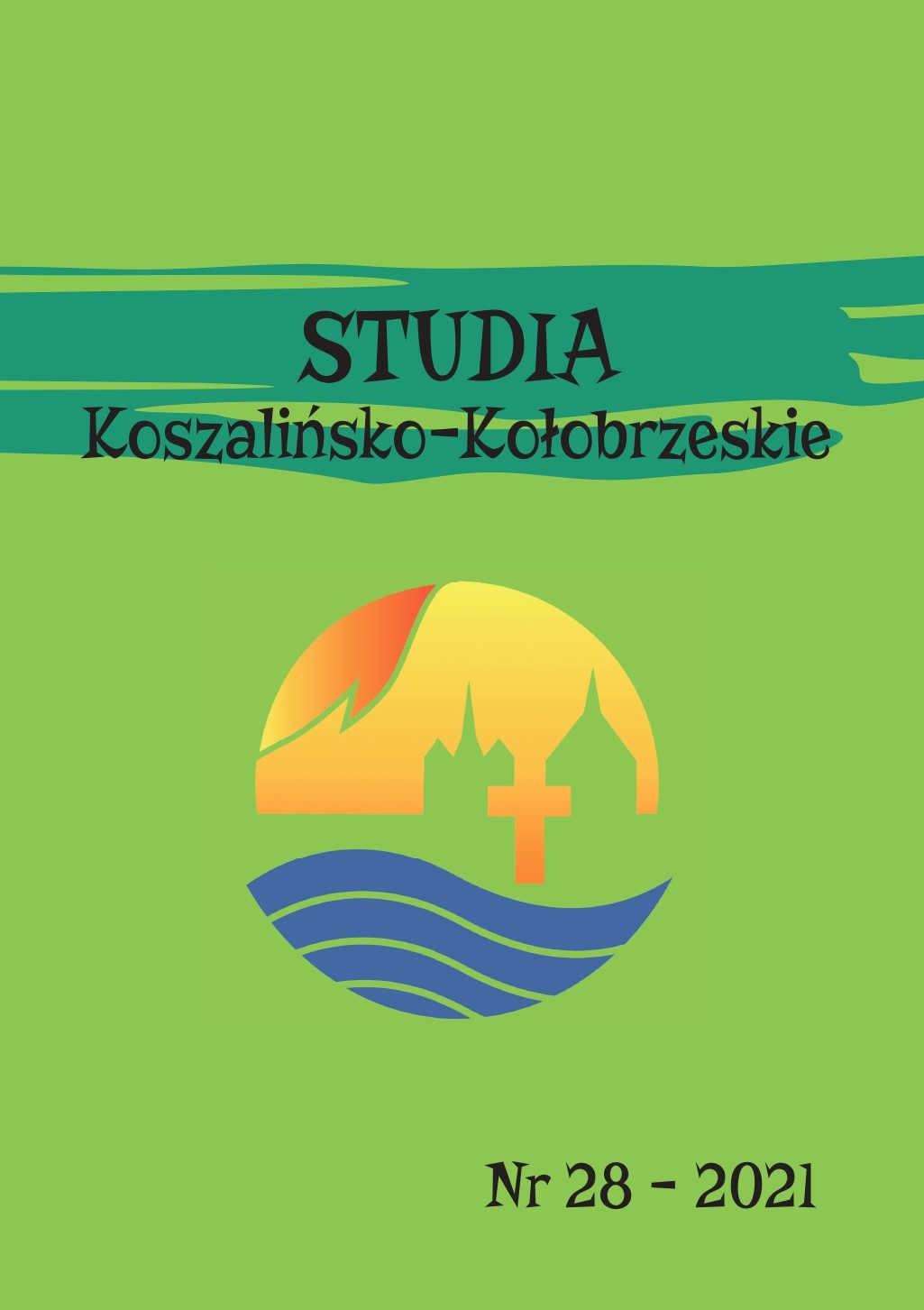Cardinal Stefan Wyszynski’s personalist-communitarian concept of the state and the socio-political transformations of Poland in the post-war decades
Cardinal Stefan Wyszynski’s personalist-communitarian concept of the state and the socio-political transformations of Poland in the post-war decades
Author(s): Ryszard FicekSubject(s): Politics / Political Sciences, Christian Theology and Religion, History, Political Theory, History of ideas, Local History / Microhistory, Recent History (1900 till today), Special Historiographies:, Theology and Religion, Politics and religion, Post-War period (1950 - 1989), Period(s) of Nation Building, History of Religion
Published by: Wydawnictwo Naukowe Uniwersytetu Szczecińskiego
Keywords: state; Cardinal Stefan Wyszyński; personalism; communitarianism; “socialist democracy”; political transformation; common good
Summary/Abstract: The article debates the issues of the personalist-communitarian concept of social life presented by Cardinal Stefan Wyszyński in the context of the political and social transformations taking place in Poland in the post-war decades. In his praxeological approach, Wyszyński perceives the breakdown of the Christian community and morality as the primary social problem caused by the destructive influence of a human being inscribed in the ideology of collectivism and individualism. Therefore, the above article analyzes the specifics of “incomplete” concepts of man, as well as criticizes the doctrines responsible for the adverse effects of the socio-political changes taking place in the post-war decades of Polish history. This paper also proposes ways in which contemporary models of social life can shape the socio-political reality based on a genuinely humanistic vision of man and citizen.
Journal: Studia Koszalińsko-Kołobrzeskie
- Issue Year: 2021
- Issue No: 28
- Page Range: 399-422
- Page Count: 24
- Language: English

